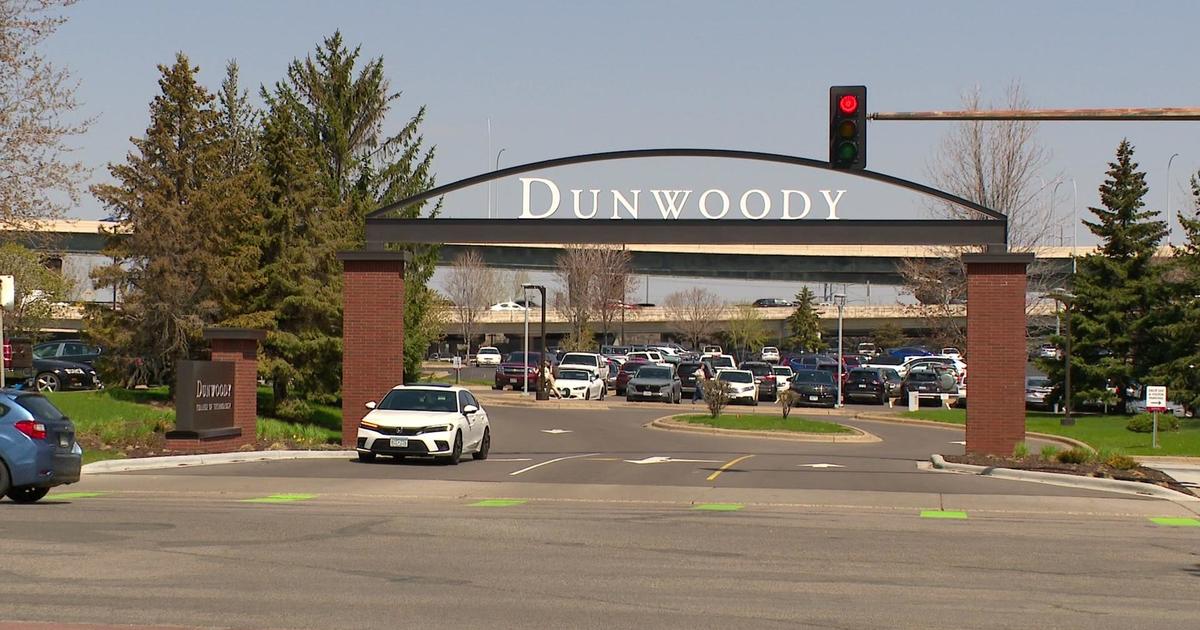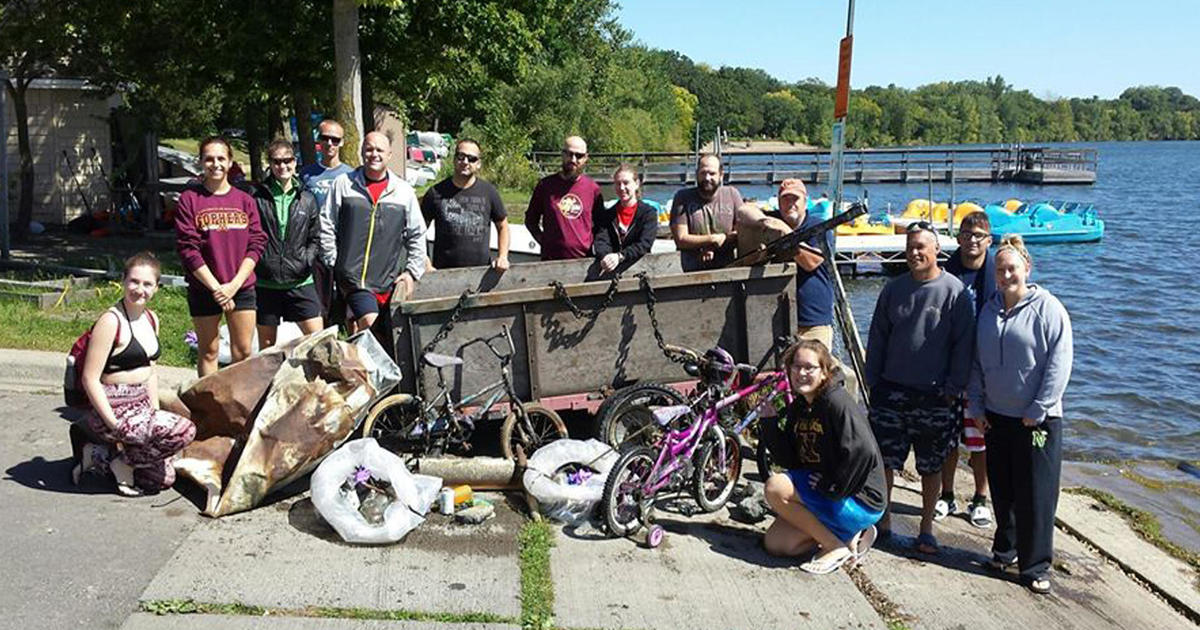Health Plans Team Up With State Officials To Help Improve Equity In Vaccine Push
MINNEAPOLIS (WCCO) -- In an effort to improve equity in the COVID-19 vaccination push, Minnesota health officials announced Friday a partnership that aims to help more Minnesotans, particularly those facing barriers, get access to the vaccine.
Starting next week, the Minnesota Department of Health and the Minnesota Department of Human Services will be working with private health plans to give more Minnesotans an opportunity to get vaccinated.
The private health plans taking part in the effort include Blue Cross and Blue Shield of Minnesota, HealthPartners, Hennepin Health, Itasca Medical Care, Medica, PreferredOne, PrimeWest Health, South Country Health Alliance, and UCare.
The partnership will work to reach Minnesotans enrolled in Minnesota Health Care Programs, such as Medical Assistance and Minnesota Care. The effort will also focus on those who live in the most socially vulnerable ZIP codes.
According to officials, the health plans will work with the state to contact members and provide information on vaccination, assist in scheduling and help plan for appointments, such as arranging transportation or other services.
"Immunizing for impact requires us to measure our success not only by how fast we are able to get the most Minnesotans vaccinated but also by how we are reaching communities at highest risk for COVID-19 who have already been hardest hit by the pandemic," said Dr. Nathan Chomilo, COVID-19 vaccine equity director at the Minnesota Department of Health.
The latest data show that just over 51% of Minnesotans 16 and older are fully vaccinated against the virus. However, not all groups in Minnesota are vaccinated equally.
For instance, health officials report that while 71% of white Minnesotans have received at least one vaccine dose, the number for Black Minnesotans is at 28% and the number for Latino Minnesotans is at 35%.
Communities of color are believed to be some of the Minnesotans hardest hit by the virus. A study by researchers at the University of Minnesota suggested that more people died last year due to the pandemic than reported in official statistics, particularly among Minnesotans of color.
Early in the vaccine rollout, officials prioritized Minnesotans in long-term care and those ages 65 and older, as such people accounted for the majority of recorded COVID-19 fatalities. The vaccination push has since expanded to include all Minnesotans ages 16 and older.
This week, children as young as 12 began receiving the vaccine in Minnesota, as the Pfizer shot was approved for use in children between the ages of 12 and 15. Testing is currently being done in children as young as 6 months old.



